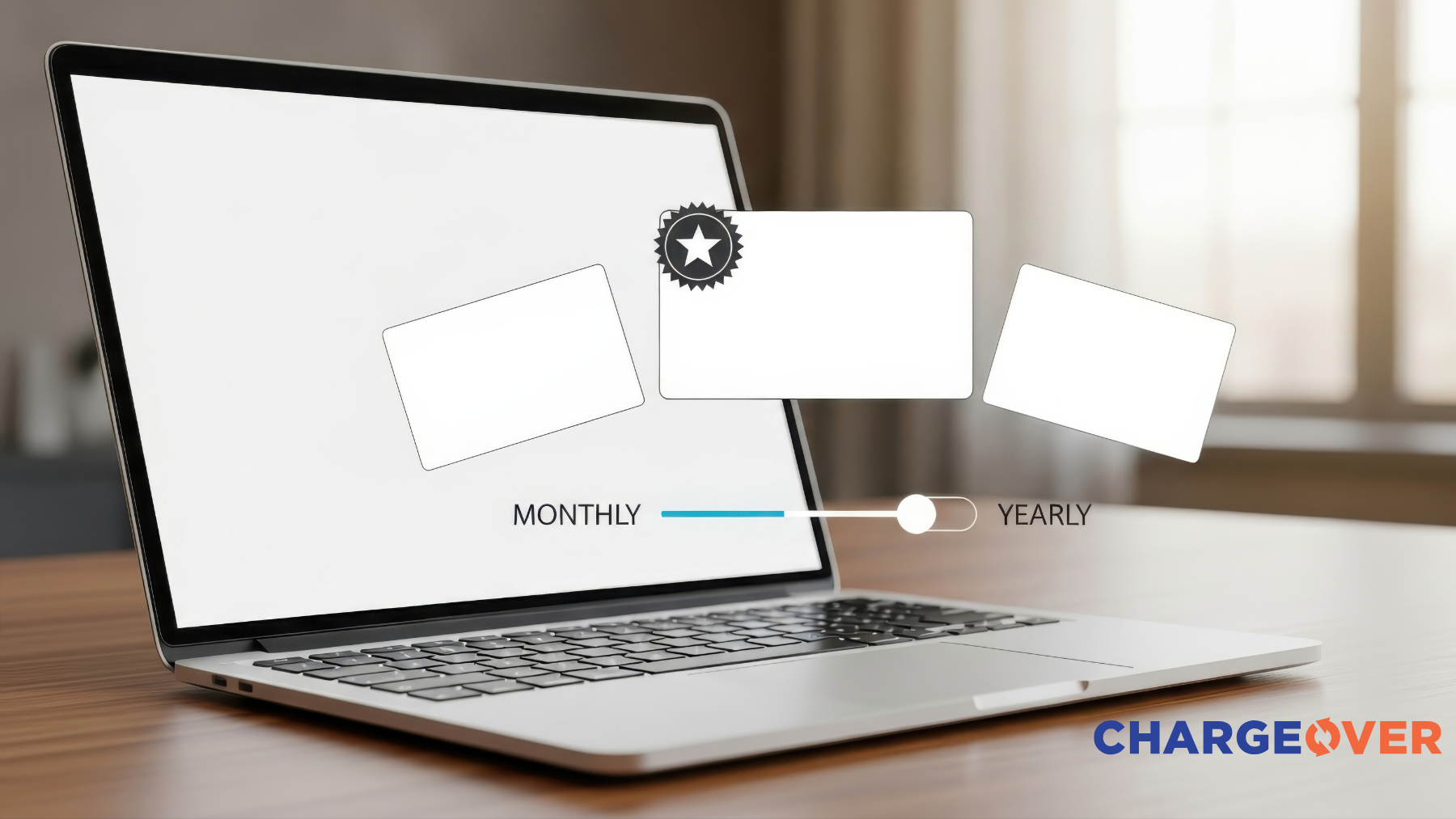There are numerous businesses across various industries that utilize subscription tiered billing. Here are some examples of top businesses with subscription tiered billing models:
- Software as a Service (SaaS) Companies:
a. Adobe Creative Cloud: Offers multiple subscription tiers with different features and access levels for creative software like Photoshop, Illustrator, and Premiere Pro.
b. Salesforce: Provides various subscription tiers for its customer relationship management (CRM) platform, catering to different business sizes and requirements. - Streaming Platforms:
a. Netflix: Offers different subscription tiers based on video quality and the number of simultaneous streams allowed.
b. Spotify: Provides free and premium subscription tiers, allowing users to access music and podcasts with additional benefits in the premium tier. - E-commerce and Retail:
a. Amazon Prime: Offers different subscription tiers, including Prime Video, Prime Music, and Prime Delivery, bundled together under one subscription.b. Stitch Fix: Provides personalized styling and clothing delivery services with different subscription tiers based on customer preferences and styling options. - Health and Fitness:
a. Peloton: Offers various subscription tiers for its fitness equipment, providing access to live and on-demand workout classes.
b. Fitbit Premium: Provides premium health and fitness features, personalized insights, and guidance through a subscription tier. - News and Media:
a. The New York Times: Offers different subscription tiers for digital access, including basic, standard, and premium options with varying levels of content and benefits.
b. The Wall Street Journal: Provides different subscription tiers, including digital-only and print/digital combinations, offering access to news and exclusive content. - Food and Meal Delivery:
a. HelloFresh: Offers different subscription tiers for meal kits, allowing customers to choose the number of meals and servings per week.
b. Blue Apron: Provides subscription tiers with options for various meal plans and dietary preferences.
These examples represent a range of industries, but it's worth noting that subscription tiered billing models are prevalent across many other sectors as well. The specific features, benefits, and pricing tiers may vary for each business based on their target audience and unique value propositions.
Companies are increasingly adopting recurring subscription models to enhance revenue streams and establish lasting relationships with customers. This shift has given rise to the importance of robust recurring subscription billing software, which plays a pivotal role in managing these models efficiently. This article explores the significance of recurring subscription billing software across various industries, shedding light on how it contributes to customer satisfaction and aids in maintaining a healthy accounts receivable (AR).
Understanding Recurring Subscription Billing Software:
Recurring subscription billing software is a technological solution designed to automate the billing process for products or services offered on a subscription basis. This software is not confined to a specific industry but rather serves as a versatile tool that can be tailored to meet the unique needs of different businesses. The core functionality involves automating the invoicing, payment processing, and revenue recognition aspects of subscription-based business models.
Keeping Customers Happy
- Enhanced Customer Experience:Recurring subscription billing software simplifies the payment process for customers, leading to a seamless and hassle-free experience. Automated billing reduces the likelihood of billing errors, ensuring that customers are billed accurately and on time. This, in turn, contributes to overall customer satisfaction.
- Flexibility and Customization:The software allows businesses to offer flexible subscription plans and billing cycles. Customers appreciate the ability to tailor their subscriptions based on their needs, and the software ensures that billing aligns with these choices. This flexibility fosters a positive relationship between businesses and their clientele.
- Notifications and Reminders:Recurring subscription billing software often includes features like automated notifications and reminders. This helps in keeping customers informed about upcoming payments, avoiding surprises and potential dissatisfaction. Timely communication fosters transparency and builds trust.
- Easy Account Management:With a user-friendly interface, customers can easily manage their subscription accounts. This includes updating payment information, modifying subscription plans, or canceling subscriptions. The convenience provided by the billing software contributes significantly to customer retention.
Maintaining a Healthy Accounts Receivable
- Automated Payment Processing:Recurring subscription billing software automates the payment collection process, reducing the chances of late or missed payments. This, in turn, ensures a steady and predictable cash flow, contributing to a healthy accounts receivable.
- Predictable Revenue Recognition:The software helps in accurately recognizing revenue by automating the tracking of subscription renewals, upgrades, and downgrades. This predictability is essential for financial planning and helps in maintaining a stable AR balance.
- Dunning Management:In cases of failed payments, recurring subscription billing software often incorporates dunning management features. This involves a series of automated communication to customers regarding overdue payments, providing an opportunity to rectify the issue promptly.
- Integration with Accounting Systems:Seamless integration with accounting systems ensures that financial records are up-to-date and accurate. This integration streamlines the accounts receivable process and minimizes the risk of errors associated with manual data entry.
Industry-Specific Applications
- SaaS (Software as a Service):In the SaaS industry, recurring subscription billing software is crucial for managing software licenses and subscription renewals. It ensures that customers have uninterrupted access to the latest updates and features while guaranteeing a steady revenue stream for the software provider.
- Media and Entertainment:Streaming services rely heavily on recurring subscription billing to monetize their content. The software helps in managing a vast number of subscribers efficiently, providing a personalized experience and ensuring timely subscription renewals.
- Healthcare:Healthcare providers utilize recurring subscription billing software for services like telemedicine, wellness programs, and health monitoring. This facilitates smooth billing processes for ongoing services, enhancing patient engagement and satisfaction.
- E-commerce:In the e-commerce sector, subscription billing is prevalent for products like subscription boxes, meal kits, and consumables. The software enables businesses to manage recurring orders, billing, and inventory efficiently, contributing to customer loyalty.
Recurring subscription billing software has become an indispensable tool across diverse industries, playing a crucial role in maintaining customer satisfaction and ensuring a healthy accounts receivable. The automation and flexibility provided by these solutions not only enhance the customer experience but also contribute to the overall financial health of businesses. As industries continue to evolve, the adoption of advanced recurring subscription billing software will likely remain a key strategy for companies aiming to thrive in the subscription-based economy.
Transform Your Billing Experience
Your results are just the beginning. Learn how to optimize your billing and scale your success.


